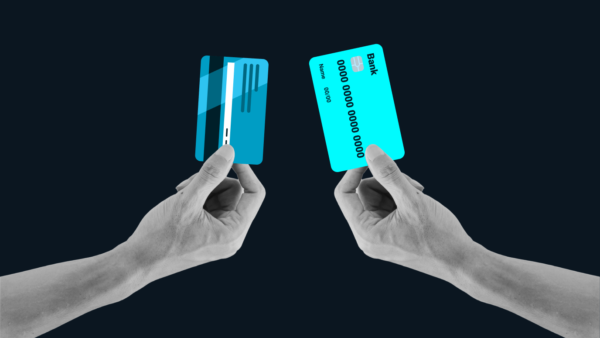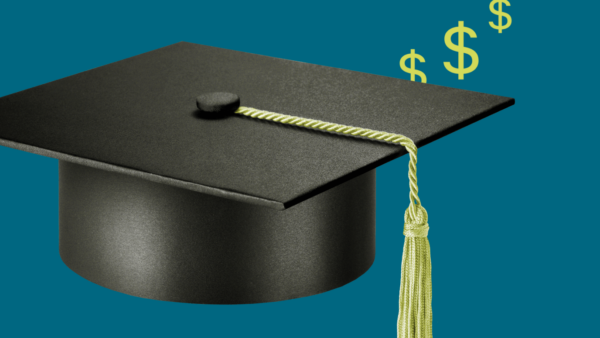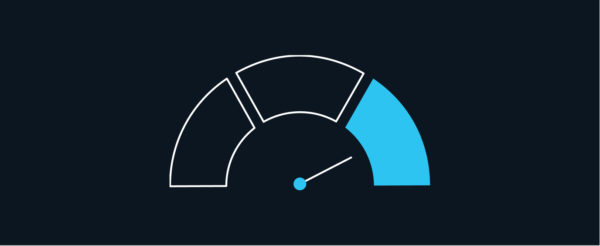Jul 17, 2018
Have Student Loans But Didn’t Get The Degree? Read On
Consider refinancing, associate degrees, and other options

Nearly one-third of people with student loan debt don’t actually get their degree, according to research by the Financial Industry Regulatory Authority (FINRA).
That can be a big problem, considering average student loan debt is about $37,000.
Don’t despair though. Your life, as well as your education, is a process. Here are some things to consider if you have the debt but not the degree.
Here’s what to do if you’re still paying off student loans but never got your degree.
Pay off the loan
Unfortunately, there is no easy way to get rid of student loan debt once you have it. And you have to make regular payments on it, even if that means only meeting your monthly minimum. Failing to make regular payments on your student loans could harm your credit rating, which can cause problems for your entire financial life. If you put even a few dollars more per month toward loans, often you may be able to shave years off your repayments, saving yourself a bundle in interest payments.
Refinance
If you can, look into refinancing the loan at a lower interest rate. Over time, that could you save you hundreds or even thousands of dollars. Numerous private lenders exist that can often dramatically reduce the interest rate you pay. Pay careful attention to new terms and fees, however. Terms from private lenders typically are often less flexible than federal loans.
Change repayment terms
If you hold a federal student loan, such as Stafford or Perkins, you may qualify for an income-based repayment plan. Typically that lets you pay as little as 10% of your income for annual payments but may end up increasing your repayment time to 20 years, from 10 years.
Finish the degree
It’s easier said than done, we know. And it may require taking out more loans. But over time, that degree is likely to pay off, with jobs you may enjoy more, and that could pay you more.
In fact, people with college degrees earn about 56% more than those without the degree, according to research. They have also tended to get hired more frequently since the end of the recession, according to studies, according to the same research.
Cheaper education options
Community college: Sometimes called a junior college or a two-year college, these tend to offer associate degrees. You may be able to transfer some of your credits to finish sooner, and an associate’s degree could satisfy requirements of employers looking for people with some college education. Associate degrees can lead to higher earnings than just a high school education, according to some studies.
Online degrees: Logging on from home, or some other distant place, to finish your degree often costs a fraction of attending a brick and mortar school.
Vocational schools: Maybe one of the reasons you didn’t get your degree is you discovered you’re not the academic type. At a trade school, you can get training and credentials as an electrician, carpenter, plumber and even retail work. These schools typically offer accreditation in half the time of a four-year college.
Getting a four-year degree costs about $127,000 on average. Getting a vocational accreditation is about $33,000.
Of course, these are just a few options for tackling debt without the degree. Make sure you do your research, and compare all new loan prospects for fees and repayment terms.
Stash Learn Weekly
Enjoy what you’re reading?
[contact-form-7 id="210" title="Subscribe" html_id="default"]Related Articles

Credit Cards vs. Debit Cards: The Differences Can Add Up

How To Pay Off Your Student Loans Faster

How To Pay Off Credit Card Debt

What Is the Debt Snowball Method?

Planning Your Finances as a Member of the Military

How to Build Credit: Why You Need It and How to Get It





